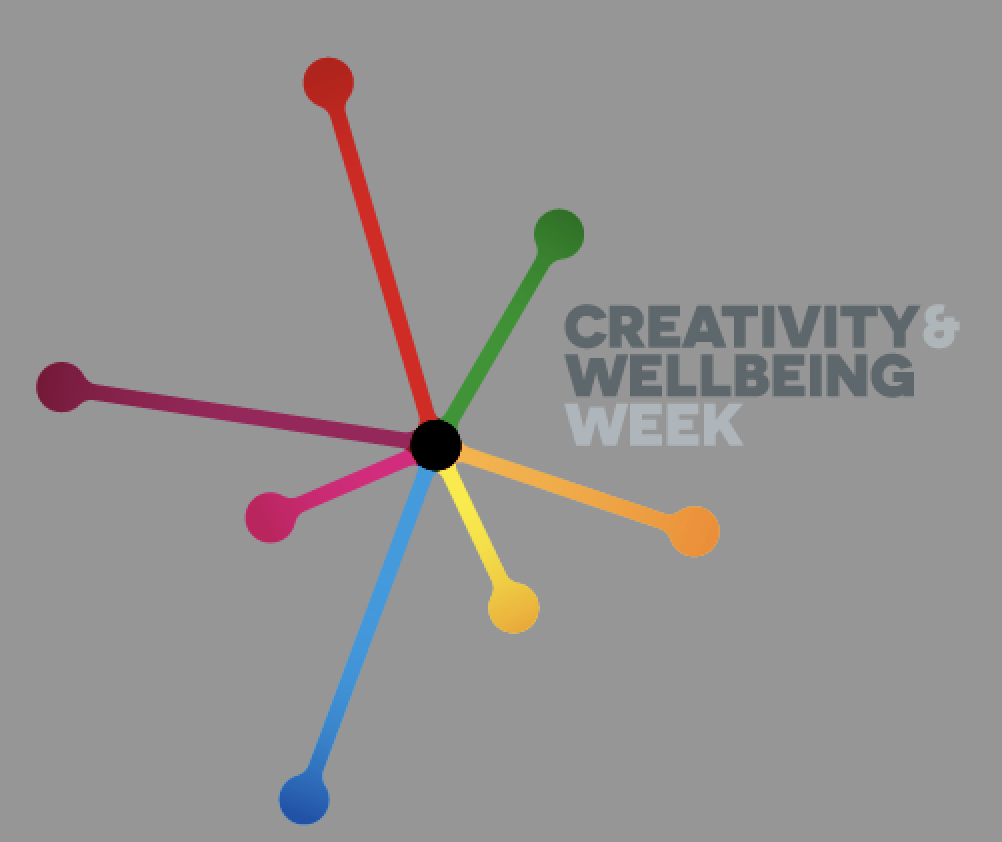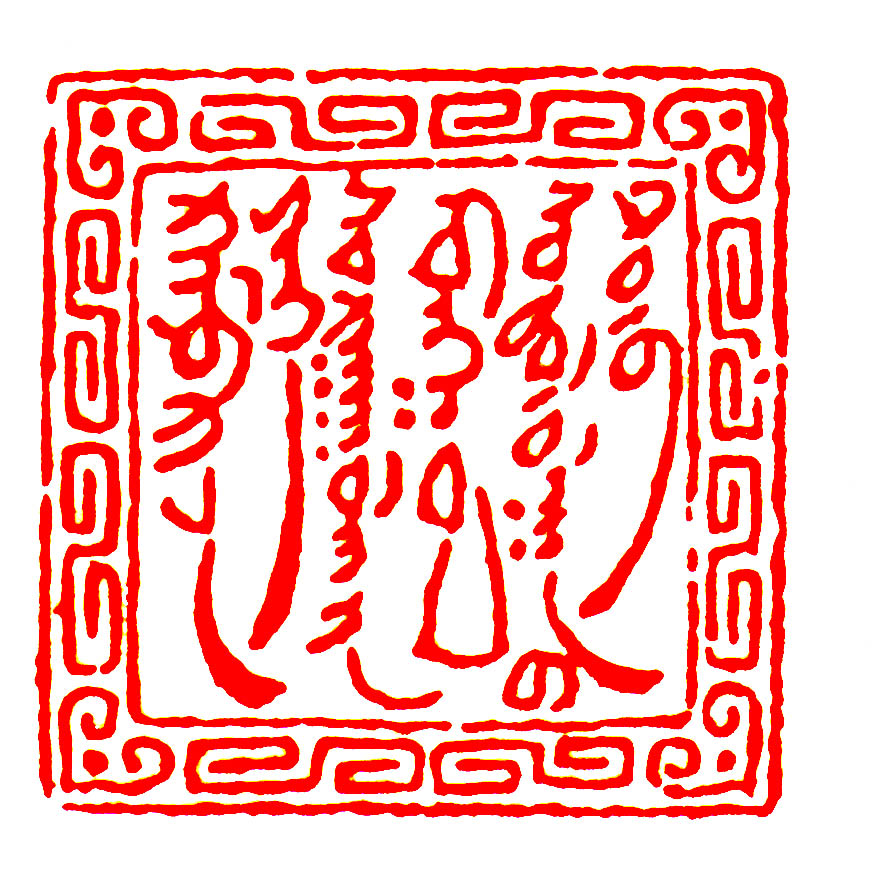| 15 May 2023 | All day | Online I Room S1, Alison Richard Building, 7 West Road, Cambridge | |
- Description
- Programme
- Speaker biographies
Description
Convenors
- David Sneath (University of Cambridge)
- Elizabeth Turk (University of Cambridge)
Chairs
- Françoise Barbira-Freedman (University of Cambridge)
- Jonathan Woolley (Department of Environment, Food and Rural Affairs)
Keynote speaker
Natsagdorj Damdinsüren (Manba Datsan Traditional Mongolian Medical Training Centre and Monastery)
Speakers
- Rasheeqa Ahmad (community medical herbalist + the Community Apothecary Waltham Forest (North London) project)
- Seded Baatar (Mongolian National University of Medical Sciences)
- Shirchinmaa Baatar (Odi Tan Pharmaceuticals)
- Emily Bradfield (Arts and Minds)
- Alexandra Coulter (The National Centre for Creative Health)
- Yojung Gurung (Nepalese shaman master)
- Linda Monckton (Historic England )
- Ruth Sapsed (Cambridge Curiosity and Imagination)
- Yvette Staelens (Bournemouth University)
- Uranchimeg Ujeed (University of Cambridge)
Summary
The role of the arts and cultural heritage in cultivating health and wellbeing has gained increasing purchase in public awareness world-wide in recent years. As part of an AHRC-funded project that explores the politics of linking health and cultural heritage, this workshop engages multiple publics – both in the UK and further afield – to explore diverse approaches to and emergent trends in improving quality of life beyond biomedicine.
With the aim of discussing key themes in the implementation of arts, cultural heritage and ‘traditional’ knowledge in healing settings in the UK and Inner Asia, this event will bring together a range of stakeholders that engage therapeutic aspects of the arts, heritage and material culture, practitioners of evidence-based complementary and alternative medicine, policy-related beneficiaries, and researchers to exchange knowledge and ideas.
Workshop panels will be organised around two central themes: the natural environment, and cultural heritage (tangible and intangible). Focusing on these two material and conceptual resources will help us explore how the healing arts are deployed in everyday life, how they engender meaning locally and relate to subjectivity, and the processing by which they come to be considered legitimate.
Ultimately, the workshop aims to inform and disseminate a policy briefing document for the All Party Parliamentary Group on Arts, Health and Wellbeing.
Supported by:




If you have specific accessibility needs for this event please get in touch. We will do our best to accommodate any requests.
Programme
| 9:30 – 9:40 | Welcome: |
| 9:40 - 10:40 | Panel 1: The Natural environment as therapeutic modality Chair: Françoise Barbira-Freedman (University of Cambridge) Ruth Sapsed (Cambridge Curiosity and Imagination) Rasheeqa Ahmad (Community medical herbalist, The Community Apothecary Waltham Forest (North London) Project) Yojung Gurung (Nepalese shaman master)
|
| 10:40 - 11:10 | Panel 1: Q&A |
| 11:10 - 11:30 | Refreshments break |
| 11:30 - 12:30 | Panel 2: Subjectivity & heritage Chair: Elizabeth Turk (University of Cambridge) Yvette Staelens (Bournemouth University) Shirchinmaa Baatar (Odi Tani Pharmaceuticals)
Seded Baatar (Mongolian National University of Medical Sciences)
‘The current situation of traditional medicine and its trend in Mongolia’
Uranchimeg Ujeed (University of Cambridge)
|
| 12:30 – 13:00 | Panel 2: Q&A |
| 13:00 – 14:10 | Lunch break |
| 14:10 – 14:40 | Keynote: Damdinsüren Natsagdorj (Manba Datsan Traditional Mongolian Medical Training Centre and Monastery) ‘Integrating Mongolian medicine into COVID-19 national healthcare policy: a success story’
|
| 14:40 - 15:40 | Panel 3: Broadening approaches to health and policy engagement Chair: Jonathan Woolley (Department of Environment, Food and Rural Affairs) Emily Bradfield (Arts and Minds) Linda Monckton (Historic England) Alexandra Coulter (National Centre for Creative Health)
|
| 15:40 – 16:10 | Panel 3: Q&A
|
| 16:10 – 16:30 | Refreshment break
|
| 16:30 - 18:00 | Wrap up & round table Co-Chairs: David Sneath and Elizabeth Turk, University of Cambridge Round table discussion (all speakers) |
Speaker biographies
Rasheeqa Ahmad
Rasheeqa Ahmad is a community medical herbalist, the Community Apothecary Waltham Forest (north London) project.
Seded Baatar
Seded Baatar (MD, PhD) practices medicine at the Mongolian National University of Medical Sciences.
Shirchimaa Baatar
Shirchimaa Baatar (MD, MSc) is CEO at Odi Tani Pharmaceuticals.
Emily Bradfield
Emily Bradfield (PhD) is Charity Director of Arts and Minds.
Alexandra Coulter
Alexandra Coulter is Director of the UK National Centre for Creative Health (NCCH) which launched in March 2021. It was established in response to Recommendation 1 in the Creative Health report, which was published in 2017 following a two-year inquiry by the All-Party Parliamentary Group on Arts, Health and Wellbeing (APPG). Alex has provided the secretariat for the APPG since 2015 and project managed the inquiry.
Linda Monckton
Dr Linda Monckton, FSA, is Head of Wellbeing and Inclusion Strategy at Historic England.
Damdinsuren Natsagdorj
Khamba lama, Dr. Prof. Damdinsuren Natsagdorj is the General Director of ‘Manba Datsan’ Clinical and Training Centre for Traditional Mongolian Medicine and “Otoch Manramba” University of Mongolia.’
Ruth Sapsed
Ruth Sapsed is the Director of Cambridge Curiosity and Imagination (CCI) and has led the organisation since it was established as an arts and well-being charity in 2007. Their programmes cultivate creative communities in Cambridgeshire and beyond and aim to help people of all ages foster deep connections with each other and the world on their doorsteps. The work often takes place in communities with particular challenges. They have developed long and fruitful relationships with many Cambridge institutions (including both universities, Addenbrooke’s hospital, the city and county councils, many schools, and the region’s leading mental health charities for children and young people) and more recently with University College London’s new Centre for Climate Change and Sustainability Education.
Uranchimeg Ujeed
Uranchimeg Ujeed (PhD) is a Research Associate at the Mongolia and Inner Asia Studies Unit, University of Cambridge
Yvette Staelens
Yvette is the Human Henge Facilitator and part time Senior Teaching Fellow at Bournemouth University.



